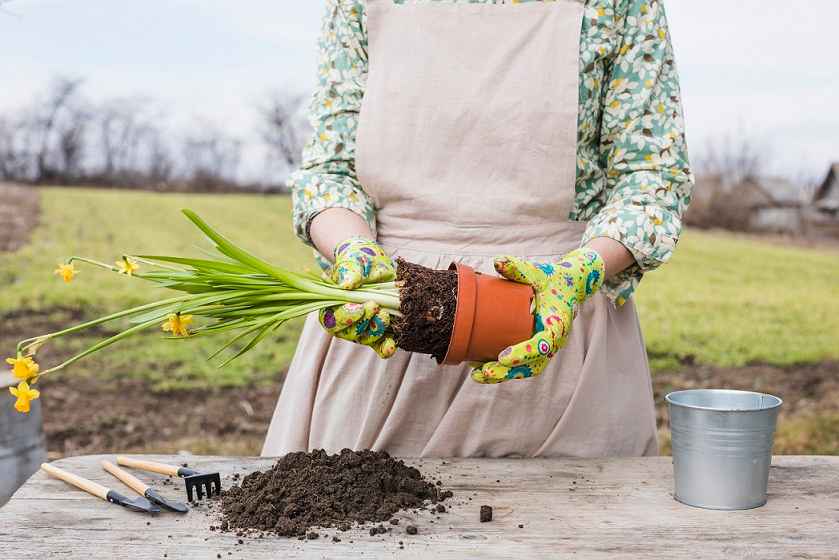When it comes to gardening, particularly vegetable gardening, the soil you choose plays a pivotal role in determining the success of your harvest. Soil isn’t just dirt—it’s a dynamic and living environment that nurtures your plants. In this article, we’ll explore what constitutes the best soil for vegetable gardens, delving into various aspects such as soil composition, pH levels, nutrients, and more. By the end of this guide, you’ll be equipped with the knowledge to create or enhance the soil in your garden, ensuring a bountiful and healthy vegetable crop.
Understanding Soil Composition
Definition of Soil
Soil is much more than simple earth under our feet. It is a complex mixture of organic matter, minerals, gases, liquids, and countless organisms that together support life on Earth.
Basic Components of Soil
Soil is primarily composed of three types of mineral particles: sand, silt, and clay. Each type has its characteristics and influences the soil’s overall properties:
- Sand: Large particles that provide good drainage but do not hold nutrients well.
- Silt: Medium-sized particles that are fertile and hold water better than sand.
- Clay: Very small particles that are nutrient-rich but often lead to poor drainage.
Ideal Soil Composition for Vegetable Gardens
For most vegetable gardens, the best soil is a loamy soil that has a balanced mixture of sand, silt, and clay. This type of soil retains moisture and nutrients effectively and provides good drainage. It should also contain a healthy amount of organic matter to enhance the soil’s structure and fertility.
The Importance of Soil pH for Vegetable Gardens
Explanation of Soil pH
Soil pH is a measure of the acidity or alkalinity of soil. It’s a crucial factor because it affects the availability of nutrients to plants and the activity of soil organisms.
Optimal pH Range for Most Vegetables
Most vegetables thrive in soil with a pH range of 6.0 to 7.5. This range allows optimal nutrient uptake for the plants.
How to Test and Adjust Soil pH
You can test soil pH using a home testing kit or by sending a sample to a local extension service. To adjust pH, add lime to increase alkalinity or sulfur to increase acidity, depending on your soil’s needs.
Essential Nutrients in the Best Soil for Vegetable Gardens
Macronutrients
- Nitrogen (N): Essential for leaf growth.
- Phosphorus (P): Crucial for root and flower development.
- Potassium (K): Important for overall plant health.
Secondary Nutrients
- Calcium (Ca): Vital for cell wall structure.
- Magnesium (Mg): A central component of chlorophyll.
- Sulfur (S): Important for protein synthesis.
Micronutrients
These are needed in smaller amounts but are still essential for plant growth:
- Iron (Fe): Necessary for chlorophyll synthesis.
- Manganese (Mn): Helps with enzyme functions.
- Zinc (Zn): Important for growth hormones.
- Others: Includes copper (Cu), boron (B), and molybdenum (Mo).
Soil Texture and Structure for Optimal Vegetable Growth
Importance of Soil Texture
The texture of the soil affects its water retention and aeration. Ideal soil for vegetable gardens should not be too sandy or too clayey.
Ideal Soil Structure for Vegetable Gardens
A crumbly, well-aggregated soil structure allows for good root growth and water movement.
How to Improve Soil Texture and Structure
Incorporating organic matter like compost can significantly improve soil texture and structure, making it more friable and nutrient-rich.
Organic Matter: The Key to Healthy Vegetable Garden Soil
Benefits of Organic Matter in Soil
Organic matter improves soil structure, nutrient content, and moisture retention. It also supports a healthy community of soil organisms.
Types of Organic Matter
Common types include:
- Compost: Decomposed organic material that enriches the soil.
- Leaf mold: Decomposed leaves that improve soil structure and moisture retention.
- Green manure: Crops grown to be plowed back into the soil to increase organic matter.
How to Increase Organic Matter in Your Garden Soil
Regular additions of compost, mulching, and the use of cover crops are effective ways to increase organic matter in your garden soil.
The Role of Soil Drainage in Vegetable Gardens
Importance of Proper Drainage
Good drainage is essential to prevent root diseases and ensure that plants have access to sufficient oxygen.


